H2 – key player in the Maritime Energy Transition
Take a look behind the scenes and watch Development Engineer Sebastian Rösler work on the MAN Energy Solutions hydrogen engine on the single-cylinder test bed
At MAN Energy Solutions, we are intensively working on the climate-neutral ship propulsion system of the future. Hydrogen-powered engines, amongst other systems, will play a crucial role on the path towards decarbonized shipping. Get to know some of the people developing the green hydrogen engine of the future.
The goal is clear: by 2050, shipping must halve its CO2 emissions. This upcoming Maritime Energy Transition and related challenges are actively driving the entire maritime world and all involved stakeholders.
We at MAN Energy Solutions are already supporting this Maritime Energy Transition and are deeply committed to actively playing a role and providing a clear path.
Behind the scenes at MAN Energy Solutions, many dedicated and passionate people are involved in the development of numerous solutions that contribute to the decarbonization of the maritime industry.
Some of those activities have been bundled as part of an extensive research project called E2Fuels. In this project, the use of electricity-based fuels and hybrid systems for different applications in the maritime and power generation fields is being analyzed.
It fascinates me to unlock our engines’ full potential and prepare them for a decarbonized future
Towards a green hydrogen future
One of the promising solutions in this area is the internal combustion four-stroke engine running on hydrogen.
Hydrogen as a future fuel type offers great potential as it doesn’t contain any carbon that is consequently emitted as CO2 in the combustion process. Also from a cost perspective, hydrogen-burning combustion engines have a clear advantage in comparison to fuel cells. And as the production of green hydrogen is reaching a more mature level, its potential is even growing.
Hydrogen offers a bright future for renewable energy conversion and consequently for MAN engines, too.
The challenges related to hydrogen, such as its very low density and the requirement to store it at either high pressure or very low temperatures, provide a clear framework for the ongoing product development.
However, thanks to the expertise, passion, and pioneering spirit of all involved employees, the roadmap for a marine engine running on hydrogen is set. The first relevant applications in the marine market could be fuel-share applications running on hydrogen and diesel that can be used in coastal regions or fjords with regulations for ultra-low emissions. The first application for a 100% hydrogen marine engine will probably be overseas transport by means of hydrogen carriers.
Hydrogen is a relevant building block to bequeath a world worth living in to our children and grandchildren.
Timeline H2 engine development

Want to find out more?
Download our latest paper and get guidance regarding Hydrogen as a relevant future fuel type for the maritime shipping industry and four-stroke engines.
General information
Hydrogen is the simplest and most basic renewable fuel generated by electrolysis, and is carbon-free with the potential for the lowest emissions from the combustion process. Furthermore, hydrogen has considerable potential as a storage medium for renewable electricity. Already since 1992, MAN has conducted research on hydrogen operation with HD-H2 SI (Otto) engines, and in 1997 on the first MS-H2-CI (Diesel) engine in cooperation with TUM. In 1999 MAN introduced Hydrogen-driven airport-busses in Munich, and from 2006 MAN-busses for Berlin.
Main advantages:
- Hydrogen is an attractive fuel for internal combustion engines – also compared to fuel cells
- Combustion of hydrogen produces no GHG emissions
- In the ongoing energy transition, hydrogen is a future fuel for the marine industry - either in its own clean form – or as media for other liquid fuels generated by Power-to-X
Focus areas:
- Availability as bunker fuel
- Safety in handling, transport, and storage processes – MAN Cryo cooperation
- Scale of production and costs – H-TEC electrolyzer cooperation
- Hydrogen needs to be compressed (700 bar) or liquified (-253 °C)
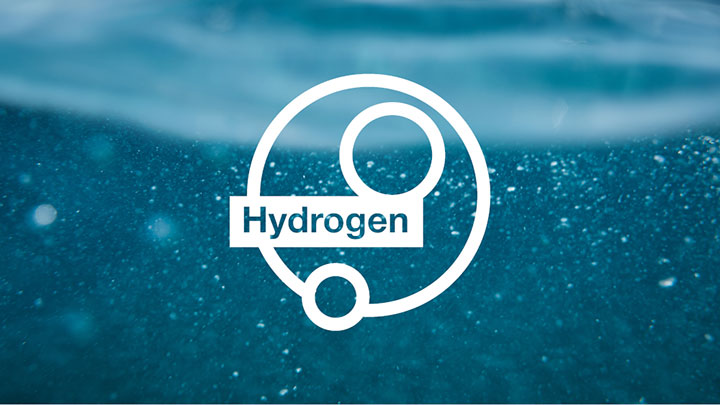
Solutions / technologies by MAN Energy Solutions:
| Four-stroke: |
|
| Cryogenic equipment |
|
Webinar: Hydrogen in short-sea shipping
Decarbonization in shipping is a challenge and the alternative fuel choices are wide. We would like to give some guidance, support and exchange with you on the matter - this time around hydrogen.
The webinar will be presented by Louise Andersson, Managing Director, MAN Cryo and Alexander Feindt, Global Business Development Manager, Four-Stroke Marine.
Other future fuels
Related articles
-
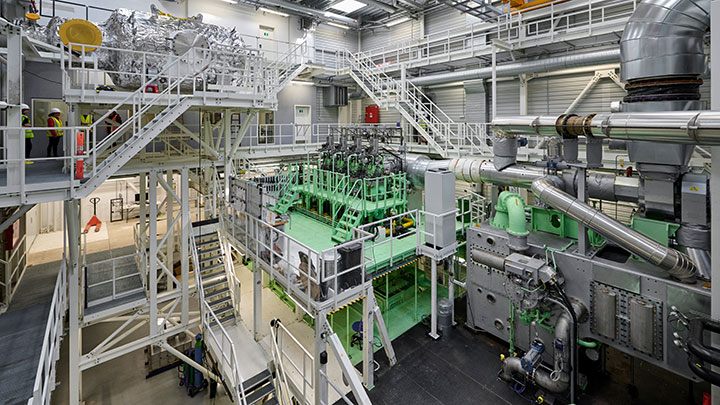
Ammonia engine testing
Engineers are developing a two-stroke, dual-fuel ammonia engine that can reduce a ship’s emissions to zero.
-
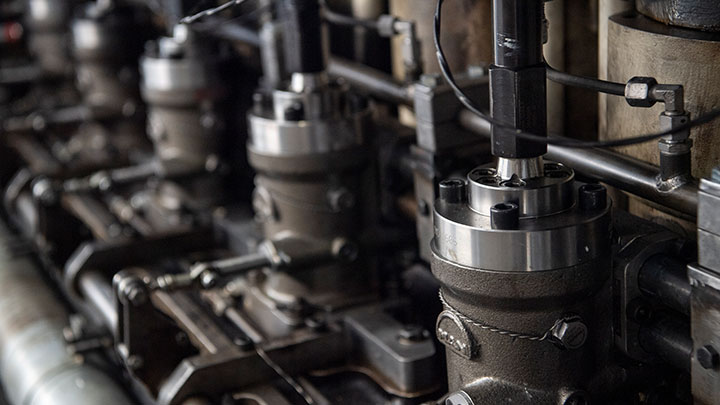
Methanol GenSet
Engineers in Denmark are making shipboard power low-emission with the developing of a four-stroke methanol engine.
-
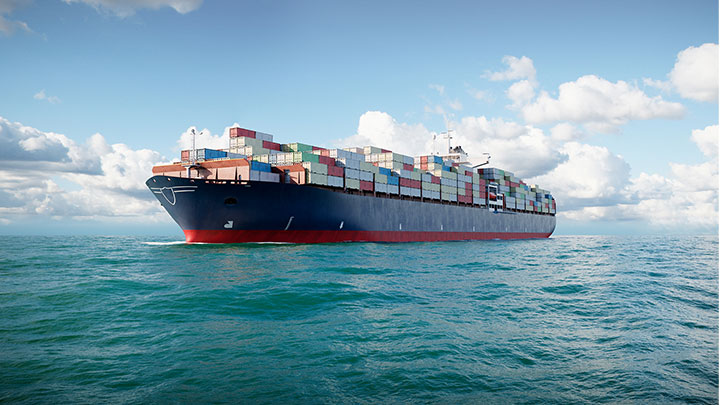
Shipping Decarbonization Study
With revised IMO targets, a new MAN Energy Solutions’ study looks at the best technological and financial options to decarbonize maritime transportation
-
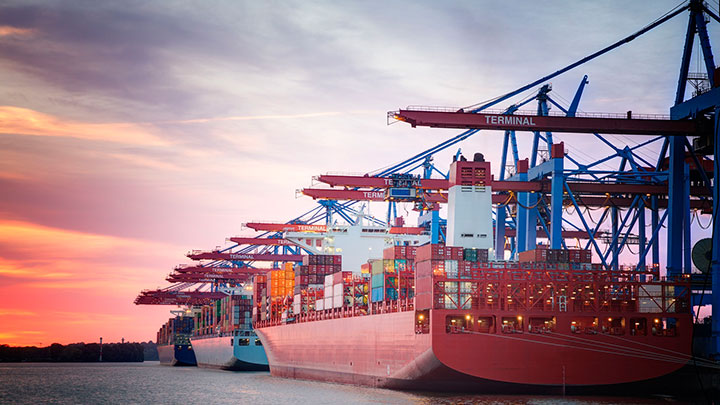
Upgrading your fleet for future fuels
MAN Energy Solutions experts on the climate impact and business case for converting ships to dual-fuel engine operation.
-
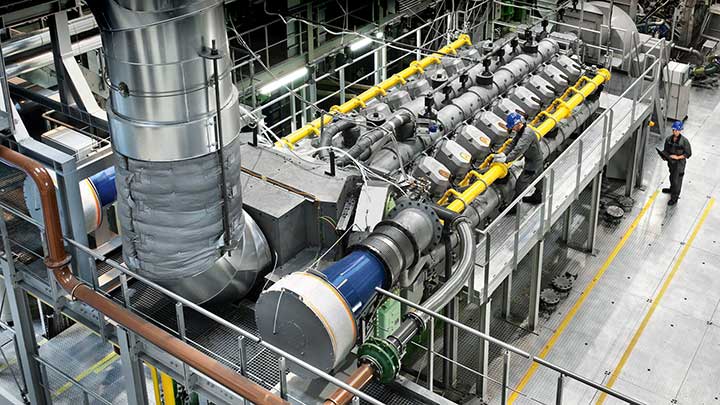
Buildung a hydrogen engine
MAN Energy Solutions expert Matthias Auer on developing hydrogen-capable, gas-fired engines for power plants.
-
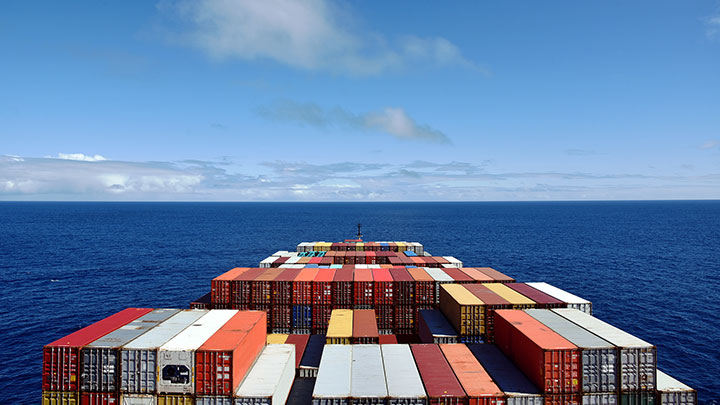
shipping-emission-overshoot
Shipping is annually making large withdrawals on the carbon budget – so large they probably cannot be caught up.
-
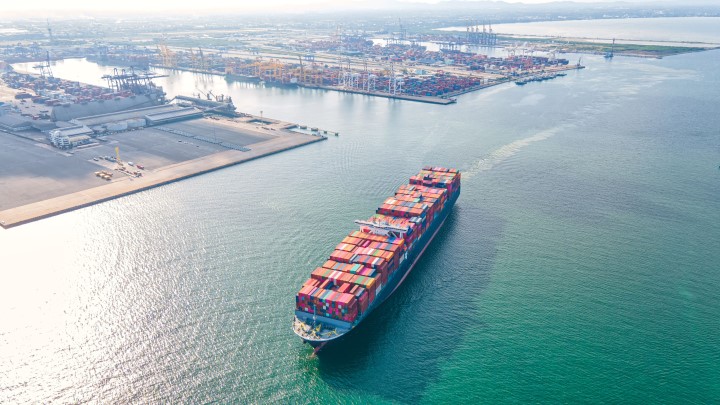
The route to climate-neutral shipping
Volker Quaschning, Johannah Christensen and Christopher Hebling address solutions to decarbonize maritime shipping with e-Fuels.
-
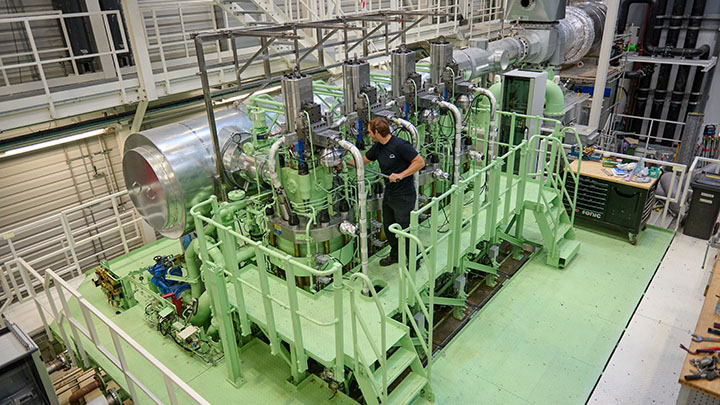
Making the maritime energy transition
The work being done on carbon-neutral engines at the Research Centre Copenhagen in Denmark is crucial for the maritime energy transition.
-

The benefits of methanol
What makes methanol so attractive for the maritime energy transition? MAN Energy Solutions fuel expert Kjeld Aabo explains.
-
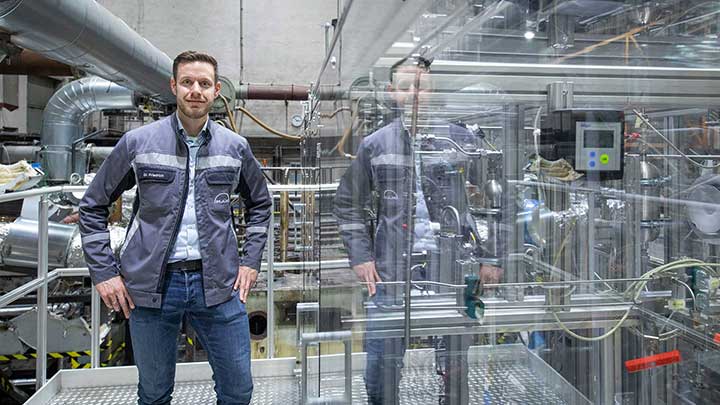
Designing the engines of the future
The time is ripe for the sustainable engine solutions of the future. Here’s how MAN engineers are developing engines running on green fuels.
-
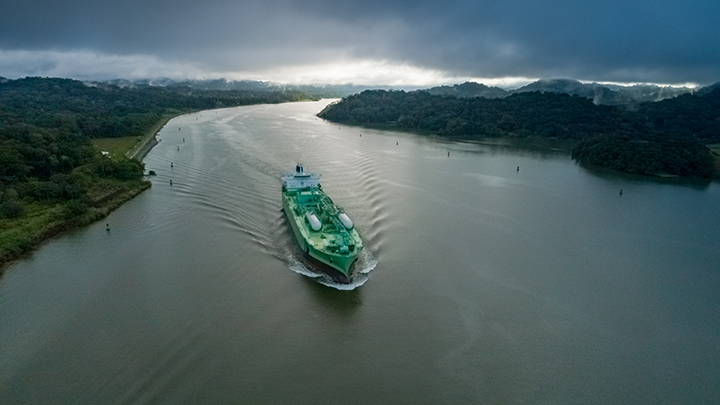
LPG makes waves in green shipping
Pontus Berg of BW LPG talks about retrofitting vessels with greener dual-fuel LPG engines.
-

The cost of zero-emission shipping?
Global Maritime Forum’s Johannah Christensen on e-fuels, Covid-19 and a trillion dollar investment.
-

What the future holds for shipping
Can shipping halve emissions by 2050? We look at four scenarios with four very different outcomes.
-
Green ammonia production
MAN Energy Solutions is developing a fuel-flexible, two-stroke ammonia engine as a key technology in the maritime energy transition
-

The case for two-stroke ammonia engines
Why newbuild and retrofit ammonia engines are key for the maritime energy transition.
-
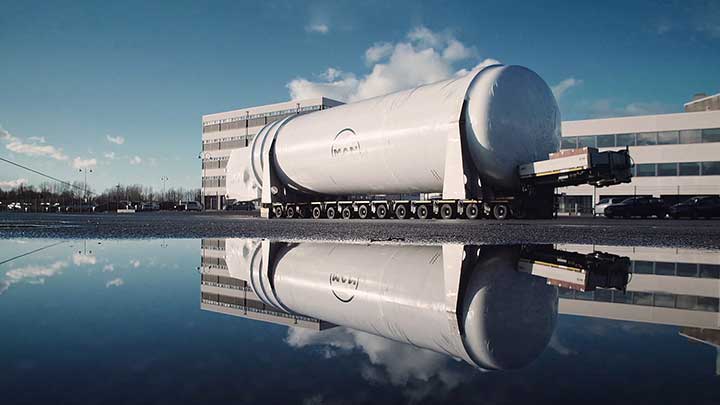
FROZEN – The world of cryogenic fuels
Meet the Swedish cryogenic-fuel experts that are having fun greenifying shipping
-

Climate change strategy for shipping
What ship owners, builders and regulatory agencies can do to cut emissions in shipping by 50 percent.
-

When cars cross oceans
200 meters long and 13 car decks high these new mammoth car carriers run on LNG.
-
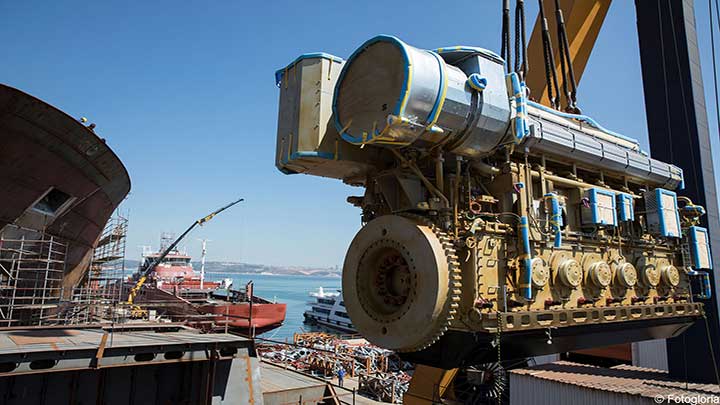
Climate-friendly engines go fishing
The first LNG-powered fishing trawler nets industry attention for its big emission reductions.
-
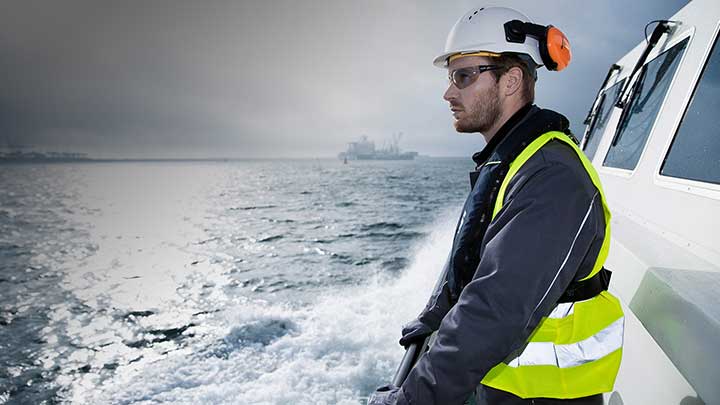
Setting sail for a sustainable future
The IMO sets targets for decarbonization. Here’s how marine shipping can help achieve climate goals.
-
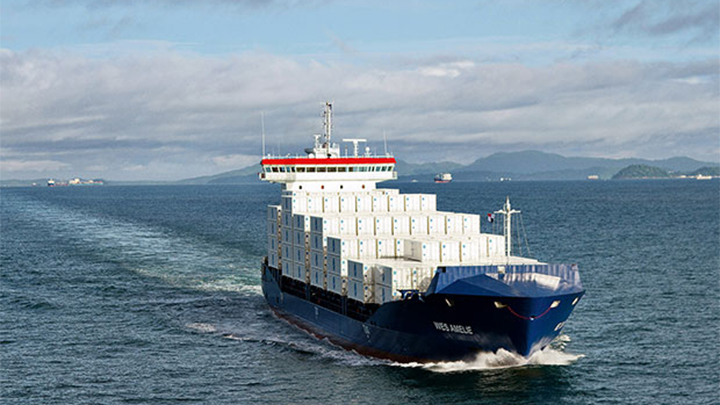
A roadmap to the green zone
The first container ship converted to LNG offers real insight into making the industry carbon-neutral.
